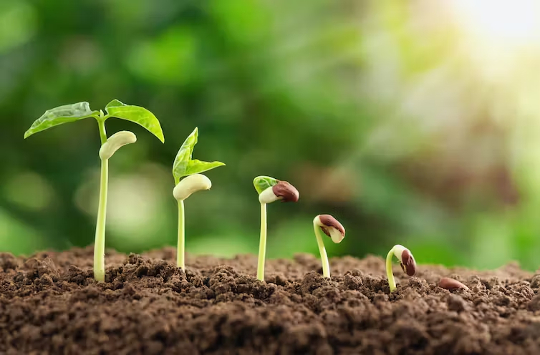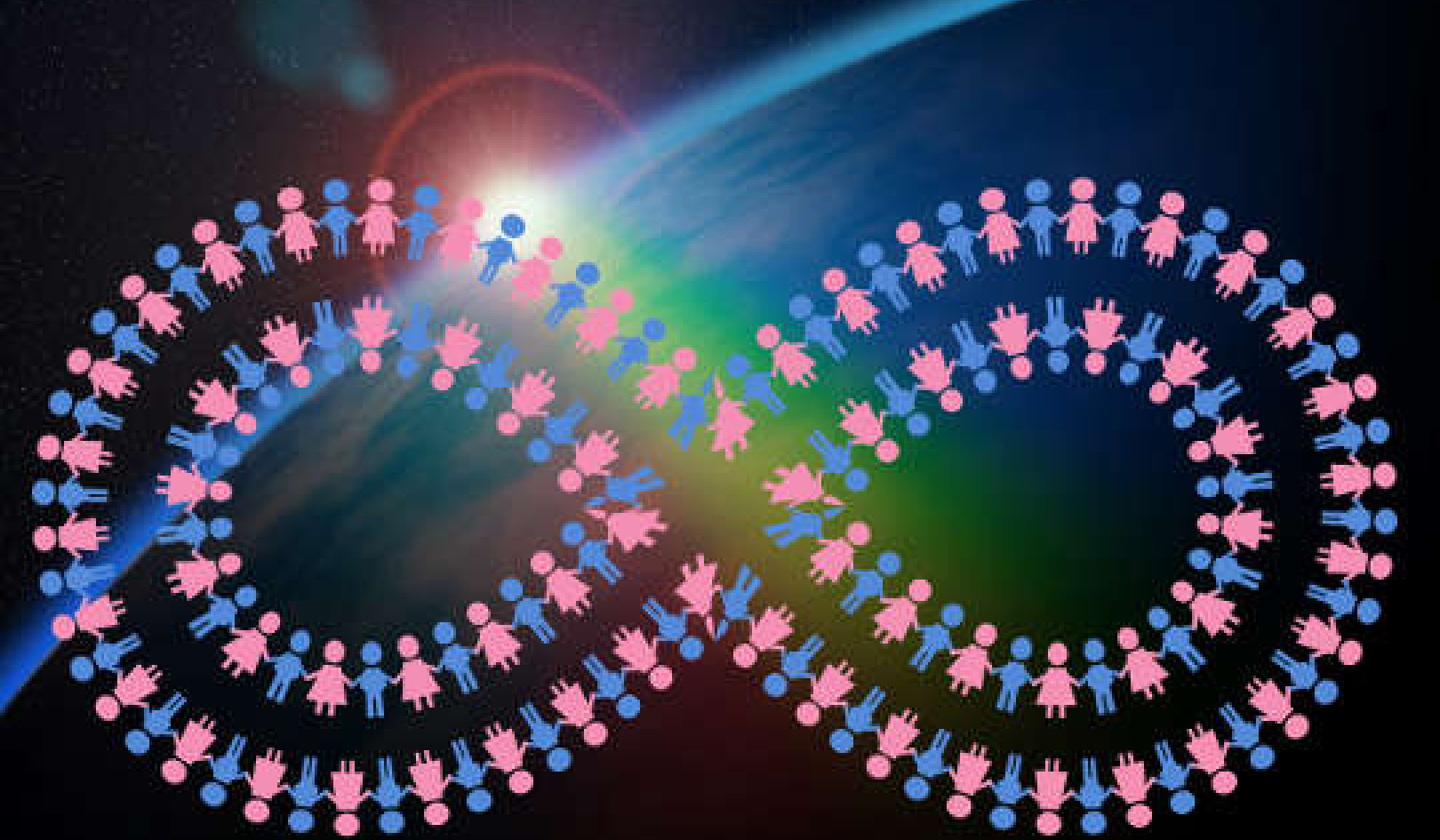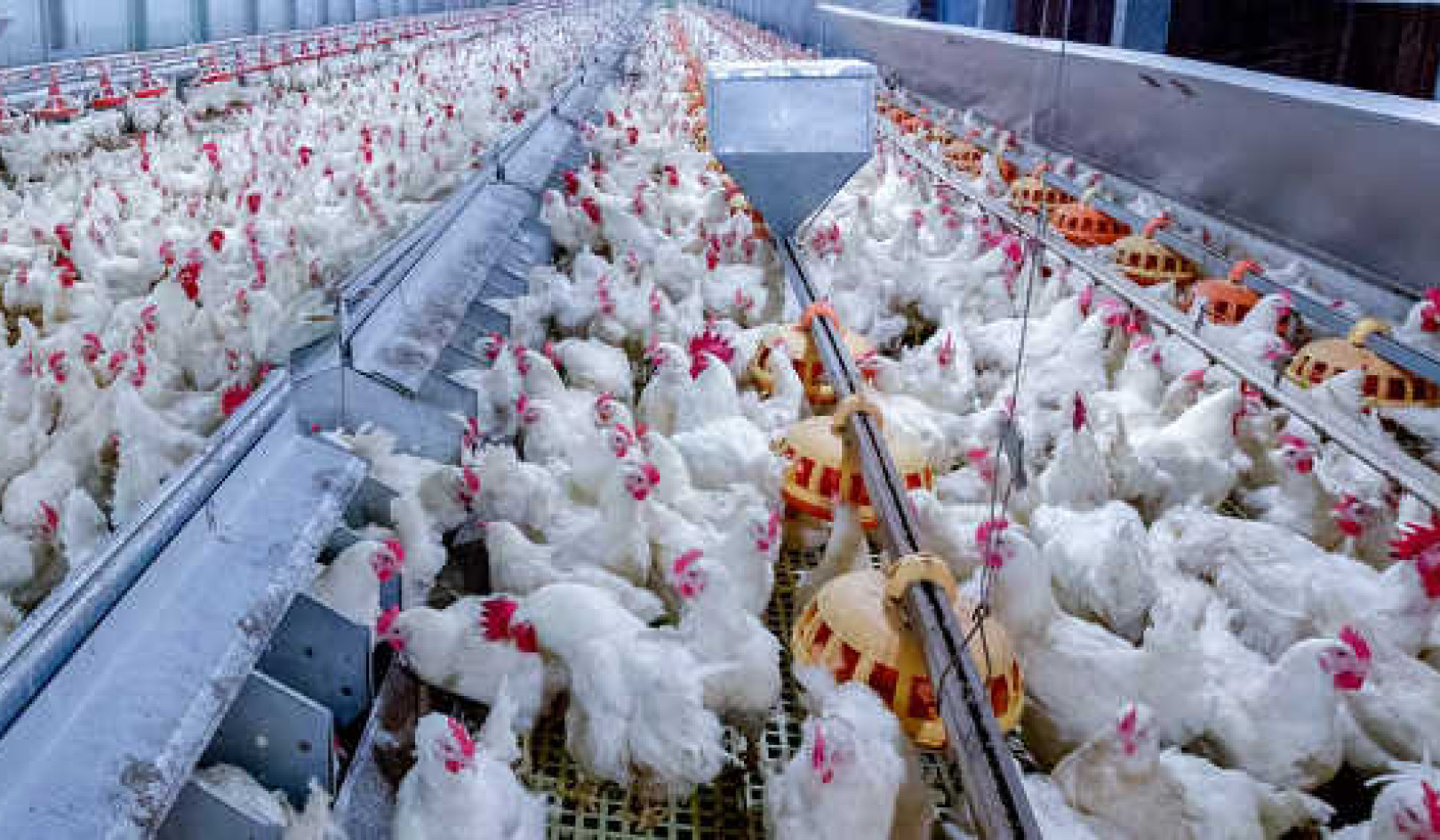
lovelyday12/shutterstock
The UK economy unexpectedly shrank by 0.3% in March, according to the Office of National Statistics. And though the country is likely to narrowly avoid an official recession in 2023, just as it did the previous year, the economy is projected to hit the worst growth rates since the Great Depression, and the worst in the G7.
For many people, this certainly feels like a recession, with food prices soaring and pay falling dramatically below inflation meaning many people are having to reduce their standard of living.
Against this backdrop, the main political parties are focused on delivering economic growth for a better future. One of Prime Minister Rishi Sunak’s five priorities for 2023 is simply “growing the economy”, while opposition leader Keir Starmer has pledged to turn the UK into the fastest growing G7 economy.
Sunak and Starmer’s priorities reflect conventional economic wisdom that “growth, growth, growth” increases incomes and standards of living, employment and business investment. When the economy doesn’t grow, we see unemployment, hardship and inequality.
Growth cannot solve everything
However, economic growth on its own is not going to solve these multiple and intersecting crises, as it only counts the total value of goods and services produced without measuring qualitative change – whether this stuff makes you feel happy or secure.
In contrast, an increasing number of policymakers, thinkers and activists argue for abandoning our obsession with growth at all costs. Instead of pursuing GDP growth, they suggest orienting the economy towards social equality and wellbeing, environmental sustainability and democratic decision making. The most far reaching of those proposals are made under the umbrella term of degrowth.
Degrowth is a set of ideas and a social movement that presents a comprehensive solution to these issues. The pandemic demonstrated that a new normal can be achieved at pace, as we saw sweeping changes to how many of us lived, worked, and travelled.
At the time, headlines equated the pandemic-related GDP squeeze with the perceived “misery of degrowth”. With persistently high inflation rates and the cost of living still spiralling, these debates are going to resurface.
Degrowth is not the same as shrinking GDP
To begin with, degrowth is not the same as negative GDP growth. Instead, degrowth envisions a society in which wellbeing does not depend on economic growth and the environmental and social consequences of its pursuit. Degrowth proposes an equitable, voluntary reduction of overconsumption in affluent economies.
Equally important is to shift the economy away from the ecologically and socially harmful idea that producing more stuff is always good. Instead, economic activity could focus on promoting care, cooperation and autonomy, which would also increase wellbeing and give people a bigger say in how their lives are run.
Yet, for many people the word smacks of misery and the type of frugality they are trying to escape from during the cost of living crisis.
But degrowth, if successfully achieved, would arguably feel better than a recession or a cost-of-living crisis. Here are three reasons why:
1. Degrowth is democratic
The first is the undemocratic and unplanned nature of a recession or cost-of-living crisis. Most citizens would agree, for example, that they had little to no control over the deregulation of the finance industry, and subsequent boom in sub-prime mortgage lending and derivatives trading that caused the 2008/09 financial crash.
Degrowth, on the other hand, is a profoundly democratic project. It emphasises direct democracy and deliberation, which means citizens can shape which economic sectors are decreased and by how much, and which ones will grow and by how much.
One example of such a democratic endeavour is the Climate Assembly UK, whose 108 members were selected through a civic lottery process and were broadly representative of the population. After listening to expert testimony, the assembly issued a number of recommendations to support the UK’s net zero climate target. Over a third of all members prioritised support for sustainable growth. Economic growth itself was not among the top 25 priorities.
2. Degrowth would be egalitarian
Recessions, especially when coupled with fiscal austerity, tend to amplify existing inequalities by hitting the poorest members of society first, including women, working-class communities and ethnic minorities.
Degrowth drastically differs from a recession because it is a redistributive project. For instance, a universal basic income), an unconditional monthly state payment to all citizens, is a popular policy with degrowthers.
The degrowth vision is that basic income should guarantee a dignified living standard, remunerate unpaid care, and provide access to healthcare, food and accommodation for those in need. It could be financed by “climate income” schemes that tax carbon and return revenues to the public.
3. Degrowth wouldn’t hinder climate action
In an economy reliant on growth, a recession is generally bad news for the environment.
For instance, for the UK to hit its net zero targets, it must make annual public investments of between £4 billion and £6 billion by 2030. A recession would threaten public spending as well as the confidence investors have in low carbon developments in transport, housing or energy.
But such investments do not have to depend on growth but could instead be made through collective and democratic decisions to make climate action a priority. Carbon taxes will play a large part in this, as will stopping fossil fuel subsidies like the £3.75 billion tax break granted to develop the Rosebank oil and gas field in the sea north of Scotland.
To make sure we stay within the environmental limits within which we can safely operate, sometimes known as our planetary boundaries, degrowth suggests democratically establishing limits on resource use. For example, global greenhouse gas emissions or non-renewable energy use could be capped at a given level, and decline annually.
Sharing these resource “caps” among the population would ensure that while we stay within these safe environmental spaces, everyone has equitable access to the resources required to lead a fulfilling life. In contrast to the pursuit of endless growth, degrowth puts both climate action and human wellbeing at its heart.![]()
About The Author
Katharina Richter, Lecturer in Climate, Politics and Society, University of Bristol
This article is republished from The Conversation under a Creative Commons license. Read the original article.
books_economics























